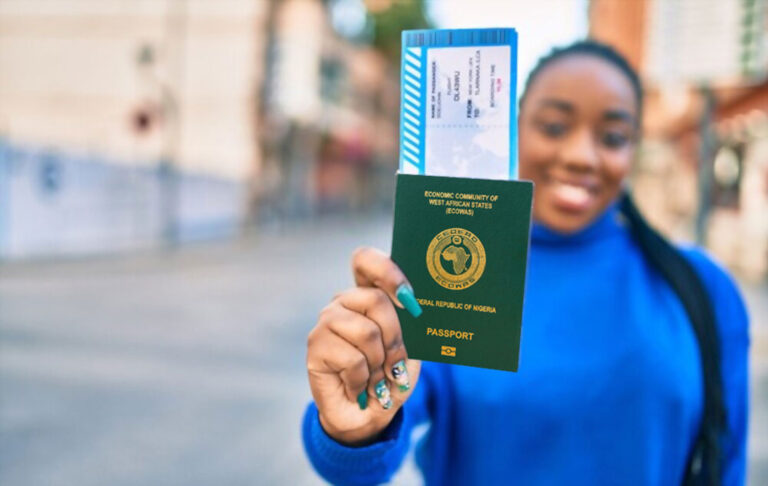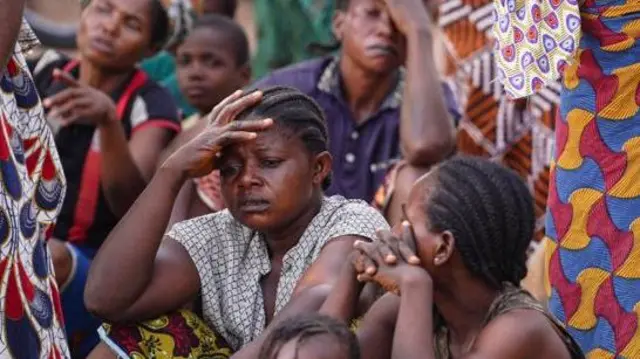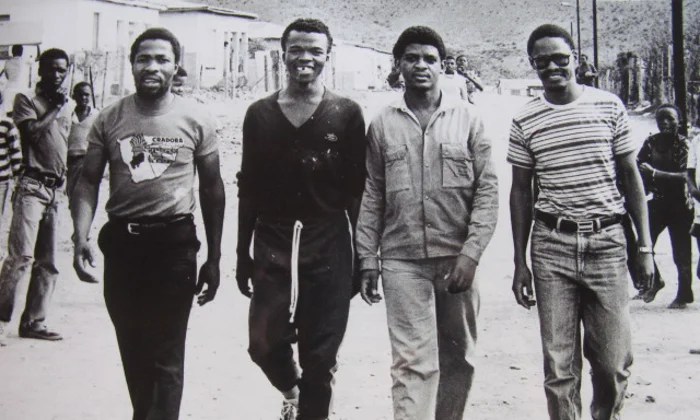Congo Leader Commutes Death Sentences for Americans in Coup Attempt

In a landmark decision, President Félix Tshisekedi of the Democratic Republic of Congo (DRC) has commuted the death sentences of three American nationals who were convicted for their roles in the failed coup attempt that took place in Kinshasa in 2024. The three individuals, who were accused of conspiring to overthrow the Congolese government, will now serve life imprisonment sentences instead of facing execution.
The commutation of the death sentences is a significant development in diplomatic relations between the DRC and the United States. It also marks a notable shift in the Congolese government’s stance on the case, which has drawn international attention. The decision is seen as a gesture of goodwill and a potential step toward easing diplomatic tensions between the two nations.
The Failed Coup Attempt in Kinshasa
In March 2024, a group of individuals, including the three Americans, were arrested in Kinshasa after an alleged attempt to overthrow the government of President Félix Tshisekedi. The coup plot, which reportedly involved military personnel and foreign nationals, was foiled before it could gain traction. The accused individuals were quickly detained, and a trial followed, leading to their conviction on charges of treason, conspiracy to overthrow the government, and espionage.
The three Americans, whose identities have not been publicly revealed, were found guilty by a Congolese court. Their involvement in the plot reportedly included providing financial support and resources to the coup leaders, although the specifics of their roles remained unclear during the trial. The DRC government accused them of coordinating with local military elements, though no conclusive evidence of foreign backing was presented.
Following their conviction, the three Americans were sentenced to death by firing squad, a punishment that is still legally permissible in the DRC. This decision sparked immediate backlash from human rights organizations and calls from the international community for the sentences to be commuted.
President Tshisekedi’s Decision to Commute the Sentences
President Tshisekedi’s decision to commute the death sentences of the three Americans to life imprisonment is being hailed as a significant diplomatic move. In his statement, the president expressed his desire to focus on the future and foster improved relations between the DRC and the United States. He also emphasized that the commutation aligned with his administration’s broader goals of promoting peace, reconciliation, and stability in the country.
The timing of the commutation is particularly noteworthy. The decision comes amid a period of political and economic transition in the DRC, with the government seeking to strengthen ties with Western nations and attract foreign investment. Tshisekedi has long advocated for reform within the DRC, and the commutation could be seen as part of an effort to improve the country’s international image, especially in light of the ongoing challenges related to governance and security.
The United States, which had been vocal in its opposition to the death sentences, has expressed its gratitude for Tshisekedi’s decision. U.S. officials have publicly praised the move as a sign of the DRC’s commitment to respecting international human rights standards. At the same time, the U.S. government has reiterated its commitment to supporting efforts to promote democracy and stability in the DRC.
Diplomatic Implications of the Decision
The commutation of the death sentences for the Americans involved in the failed coup is likely to have significant diplomatic implications. The U.S. has been a long-time ally of the DRC, providing financial and humanitarian aid and supporting the country’s efforts to stabilize its economy and security. The decision to commute the sentences is expected to strengthen the relationship between the two nations, particularly as they continue to work together on issues such as counterterrorism, development aid, and trade.
Furthermore, the decision comes when the DRC faces increasing pressure from the international community to address human rights abuses and improve governance. By commuting the sentences, Tshisekedi is signaling his willingness to engage with global powers on key issues and show his commitment to reforms that align with international norms.
The Impact on the Three Americans
For the three Americans involved in the coup attempt, the commutation of their death sentences offers a reprieve from the death penalty, but it does not guarantee their immediate release. They will now serve life imprisonment sentences, which is a significant reduction in their punishment. Still, the terms of their imprisonment will likely vary depending on the conditions in Congolese prisons.
The three individuals’ families and legal representatives have expressed relief at the decision. Still, they have also emphasized the need for further dialogue between the DRC government and the United States to ensure that prisoners are treated fairly and by international human rights standards. Their legal teams are reportedly working to secure their eventual release through continued diplomatic negotiations or potential legal avenues.
Reaction from Human Rights Organizations
While the commutation of the death sentences has been met with cautious optimism from various international organizations, human rights groups are calling for further reforms in the DRC’s justice system. Amnesty International, Human Rights Watch, and other advocacy groups have pointed out that while the commutation is a positive step, the DRC must still address broader issues, such as the use of the death penalty and the treatment of political prisoners.
Many of these organizations have expressed concerns about the fairness of the trial that led to the Americans’ convictions. They argue that the prosecution may have lacked transparency and that the accused were not afforded all their legal rights. These concerns have led to calls for more significant judicial reform in the DRC, particularly concerning cases involving foreign nationals.
The Future of U.S.-Congo Relations
The commutation of the three Americans’ death sentences is a potential turning point in the relationship between the DRC and the United States. As both countries move forward, the commutation decision is likely to serve as a foundation for future cooperation, particularly in areas related to security, economic development, and political reform.
However, the DRC will still face significant challenges, including maintaining political stability, addressing corruption, and managing ongoing conflicts in certain country regions. The United States will continue to play an essential role in supporting the DRC’s efforts to tackle these challenges. Still, the success of this partnership will depend on continued commitment to human rights and democratic principles.
President Félix Tshisekedi’s decision to commute the death sentences of three Americans involved in a failed coup attempt in Kinshasa represents a significant diplomatic gesture. The move offers a reprieve for the individuals involved and signals a broader shift in Congo’s approach to international relations. As the DRC continues to face political and economic challenges, the commutation symbolizes the government’s willingness to engage with the global community and pursue reform. This decision will shape the future of U.S.-Congo relations, and it remains to be seen how the two nations will build on this development in the coming years.



